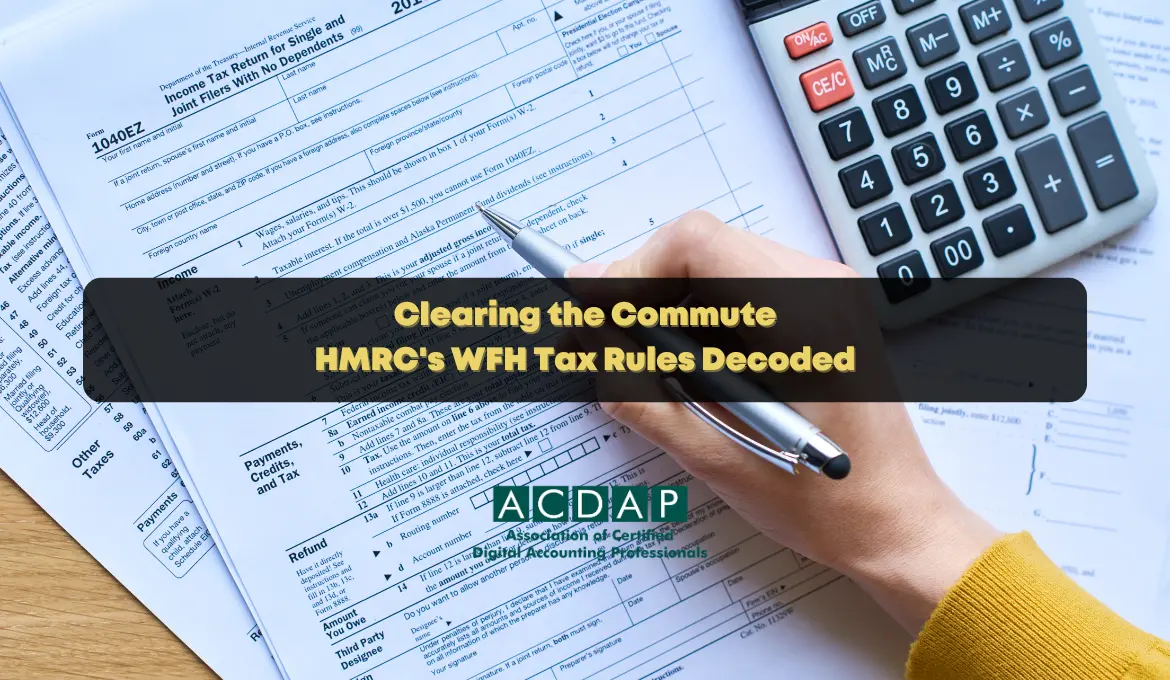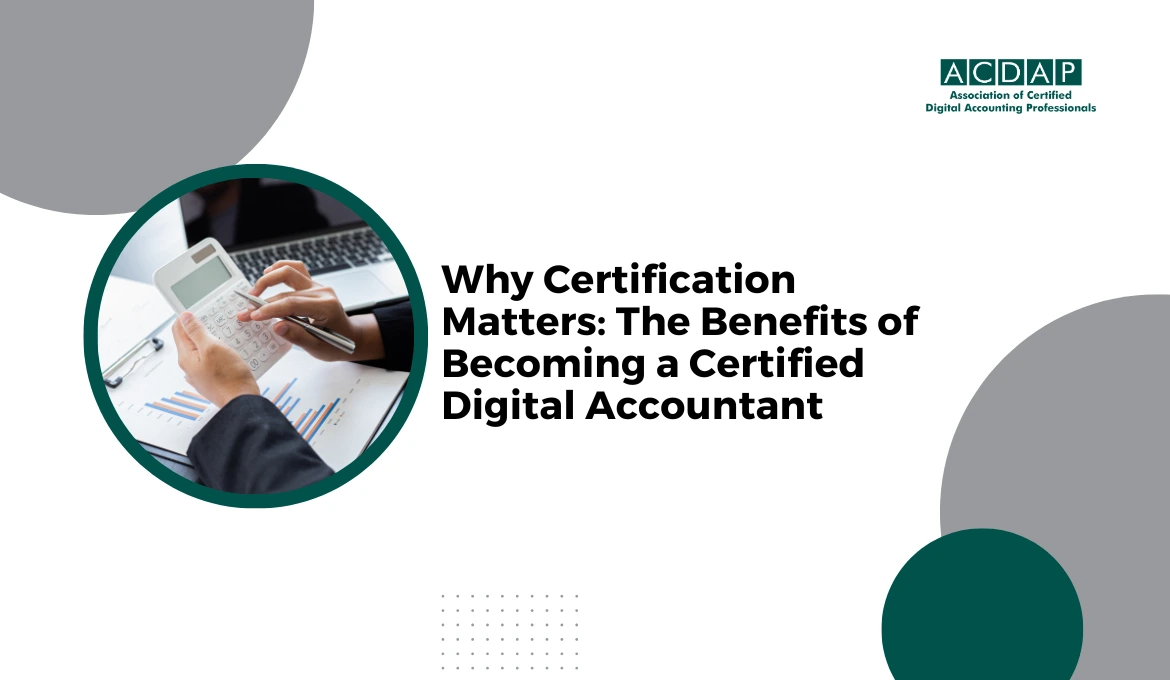Understanding how it impacts your taxes is essential with the rise in remote work. HMRC (His Majesty's Revenue and Customs) has provided specific rules to manage the tax aspects of working from home. This article simplifies these rules to help you navigate your tax situation if you're working remotely.
HMRC's rules make handling their taxes easier for those working from home. Here's a simple guide to the key points:
1. Claiming Home Office Expenses
You can claim tax relief on certain home office costs if you work from home. These include:
- Utility Bills: You can claim a portion of your heating, electricity, and water bills based on your home office use.
- Office Equipment: Costs for office supplies, furniture, and technology necessary for work can be claimed.
- Broadband and Phone: A part of your home broadband and phone bills used for work can be claimed.
You must prove these costs are related to your work and not reimbursed by your employer.
2. Tax-Free Allowance
HMRC provides a flat-rate tax relief of £6 per week (or £26 per month) for working from home. This is intended to cover extra household costs. You don't need detailed records for this claim.
3. Reimbursements from Your Employer
If your employer reimburses you for home office expenses, this money is usually not taxable. Your employer should ensure that the costs are necessary and keep proper records.
4. Temporary vs. Permanent Working from Home
Tax relief rules may vary depending on whether your remote work is temporary (like during the COVID-19 pandemic) or permanent. Check the specifics of your situation to ensure you get the correct relief.
5. Health and Safety
Employers must ensure that your home office setup is safe and comfortable. Although this is important, it's not directly linked to tax relief. Nevertheless, a proper setup is crucial for your health and productivity.
6. Additional Considerations for Remote Workers
In addition to the basic rules, there are a few more things to keep in mind:
- Home Office Space Requirements: To claim tax relief, HMRC generally requires that the space used for work be exclusively for that purpose. This means you should have a dedicated area for work, not just a part of a shared room.
- Mixed-Use Spaces: If your home office is also used for personal purposes, you need to calculate the proportion of expenses related to work. For example, if you use a room for 50% of the work time, you can claim 50% of the related costs.
- Professional Advice: Given the complexities of tax rules, consider seeking professional guidance if you need clarification on what you can claim or if you have a unique situation. Tax advisors can provide tailored advice to ensure compliance and maximise your claims.
7. How to Claim WFH Tax Relief
To claim tax relief for working from home:
- Keep Records: Track your home office expenses. Detailed records are needed if you're claiming more than the flat-rate amount.
- Apply Online: Use HMRC's online services to apply for tax relief by logging into your tax account.
- Self-Assessment: Include your home working expenses in your self-assessment tax return if you complete one.
The Bottom Line
HMRC's rules for working from home are designed to help you manage your tax if you're working remotely. You can get the most out of your tax relief by understanding these rules, keeping accurate records, and seeking professional advice. Stay informed and follow HMRC's guidelines to ensure a smooth and efficient remote working experience.


























